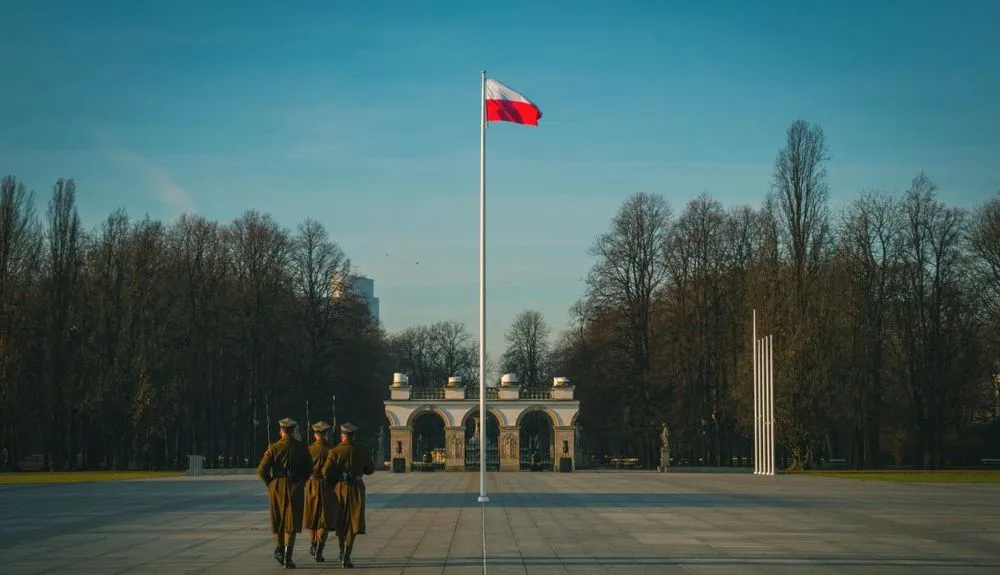Ukraine and Poland agree to jointly counter Russian cyberattacks
Ukraine and Poland signed an agreement on Monday to strengthen cybersecurity collaboration as officials warn of potential cyberattacks from Kremlin-linked hackers.
The countries decided to jointly fight cybercrime and share their experience in combating cyber threats, including those from Russia, according to the Ukrainian Ministry of Digital Transformation.
Poland is Ukraine’s closest neighbor — more than 1.2 million Ukrainian refugees moved there during the war, including thousands of tech specialists.
Due to its close ties with Ukraine and strong financial support to the war-torn country, Poland has become a popular target for Russian hackers.
Cyberattacks on Poland began shortly after Russia’s invasion of Ukraine, and in July a pro-Kremlin hacking group called Killnet took down Poland’s key government websites.
“With Poland, we have not only a common physical border but also a joint problem in cyberspace, where we experience the same kind of attacks,” said Ukraine’s Minister of Digital Transformation Mykhailo Fedorov. “I am sure that together we will become stronger and more effective.”
According to the agreement, Ukraine and Poland will jointly participate in cybersecurity conferences and work to prevent the spread of Russian disinformation in the media.
During the meeting on Monday, the countries also agreed to exchange digital documents in their e-government apps — Ukrainian Diia app and Polish mObywatel.
Now Ukrainians who have moved to Poland will have access to the Ukrainian digital driver's licenses, vehicle registration certificates, and residence permits in the Polish mObywatel app.
Ukraine, in turn, will soon recognize some of the Polish digital documents, according to Fedorov.
“This is the first case in the world when two countries exchange digital documents in mobile apps,” he wrote on Telegram.
Agreements with allies
This is not the first time Ukraine is trying to find support from other countries to overcome cyber threats. In July, for instance, it signed an agreement with Slovenia and the U.S. Cybersecurity and Infrastructure Security Agency (CISA).
Since the start of the invasion, many of Ukraine’s closest allies have suffered from Russian cyberattacks — mostly without serious consequences.
Earlier in August, Killnet took down the website of Latvia’s parliament after lawmakers there designated Russia as a “state sponsor of terrorism.”
Last week Estonia said that it had repelled the biggest wave of cyberattacks in more than a decade, launched shortly after the Estonian government decided to remove Soviet-era monuments from the country.
This attack, attributed to Killnet, “has gone largely unnoticed,” according to Luukas Ilves, Estonia’s undersecretary for digital transformation.
In May, Killnet declared “war” against the U.S., the U.K., Germany, Italy, Latvia, Romania, Lithuania, Estonia and Poland for their support of Ukraine.
“If you think you are safe because you have EU cyber regulations in place and work together across the Union, the menace will come from outside, as it did,” said Janusz Cieszyński, Poland’s Secretary of State for Digital Affairs, during the meeting with Ukraine’s security officials on Monday.
Daryna Antoniuk
is a reporter for Recorded Future News based in Ukraine. She writes about cybersecurity startups, cyberattacks in Eastern Europe and the state of the cyberwar between Ukraine and Russia. She previously was a tech reporter for Forbes Ukraine. Her work has also been published at Sifted, The Kyiv Independent and The Kyiv Post.



